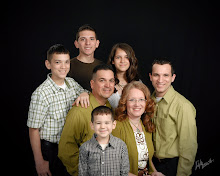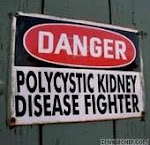The Challenge of Clergy Amends
by Dale Wolery
It is difficult for clergy persons to be the ordinary human beings they really are. The universal inclination in our churches is to place pastors on pedestals. Words like anointed, gifted and special are used to describe them. Their careers place them as honored members of every church family at births, baptisms, weddings and funerals. They have the inside track to both the secret pain and the great celebrations of the people in the congregation. Pastors stand in the pulpit regularly to speak for God into the lives of flawed humans.
The peril, of course, is in the perception that clergy are somehow “above,” “better than” or “not as tempted” as earthlings. Looking to the pastor on the pedestal, churchgoers too often see superheroes who don’t sin, don’t fail and don’t feel pain like ordinary people.
This heightened expectation about clergy behavior can have very important consequences for clergy in recovery. No “fall” elicits the whispering or stokes the flames of gossip quite as much as clergy failure. But clergy do fail. And, like everyone else, they need to do inventory and to make amends.
Making amends is a normal part of any recovery journey. It is a spiritual discipline that forces us to face the humbling truth that our personal failure has hurt others. When it is a clergyperson who is making amends there are potential benefits for the entire Church.
Making amends requires looking long enough and carefully enough at one’s failures, addictions, abuses, behavior and sins to determine what appropriate amends are required. Making amends follows telling the whole truth to another human being about the nature of our wrongs. The process is a powerful antidote for the pedestal thinking that can be such a powerful toxin in the life of the recovering pastor.
Making amends grows out of acknowledging one’s wrongs. It is rooted in a heart that seeks to feel the impact that those wrongs have had on others. The resulting feelings are often called guilt, which is a kind of down-and-dirty human emotion. It is reserved for people who have hurt others through their failure. It is not the emotion of superheroes or idealized icons. It is for real people. When clergy own appropriate guilt and act on it by making appropriate amends the humbling, humanizing impact can be significant.
The full impact of grace cannot be experienced until we feel the pain our errors have caused others. Making amends frees a recovering pastor to feel the guilt and experience the grace about which he has preached.
To be sure, when a pastor is guided by a sponsor toward appropriate amends the experience of fully owning one’s failure and carefully and humbly making creative amends has a powerful impact. Pastors who make amends feel their humanity, come to know humility in new ways and join the congregation in the struggles of real life. Making amends requires us to get off the pedestal, to feel the guilt that as resulted from our behavior and to accept the posture of the penitent. Although painful, this is a process that is profoundly good for us. And it will be felt by all who come into contact with us. Making amends makes a difference.
Subscribe to:
Post Comments (Atom)











No comments:
Post a Comment